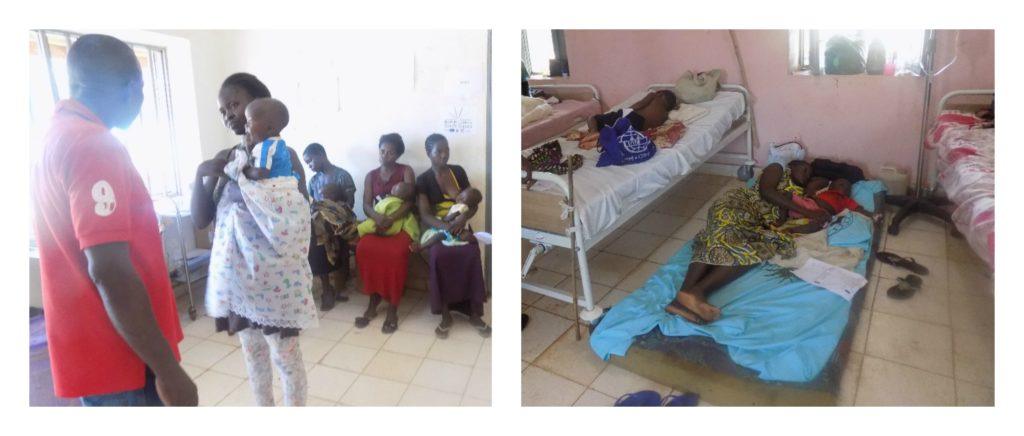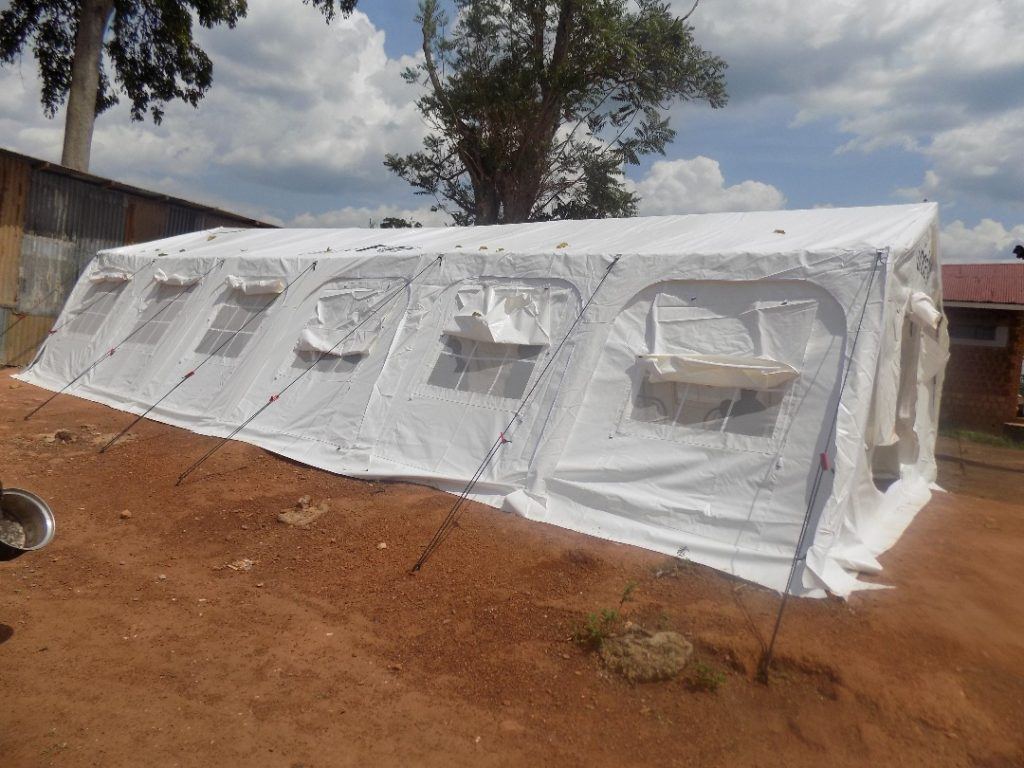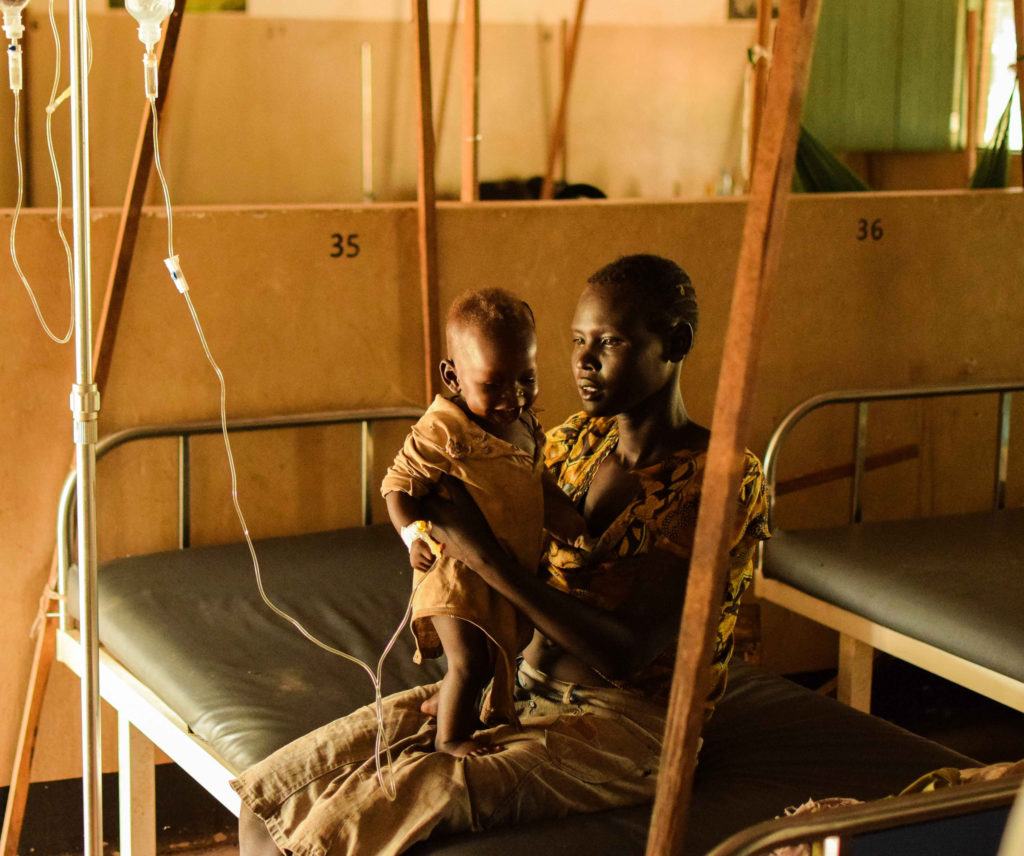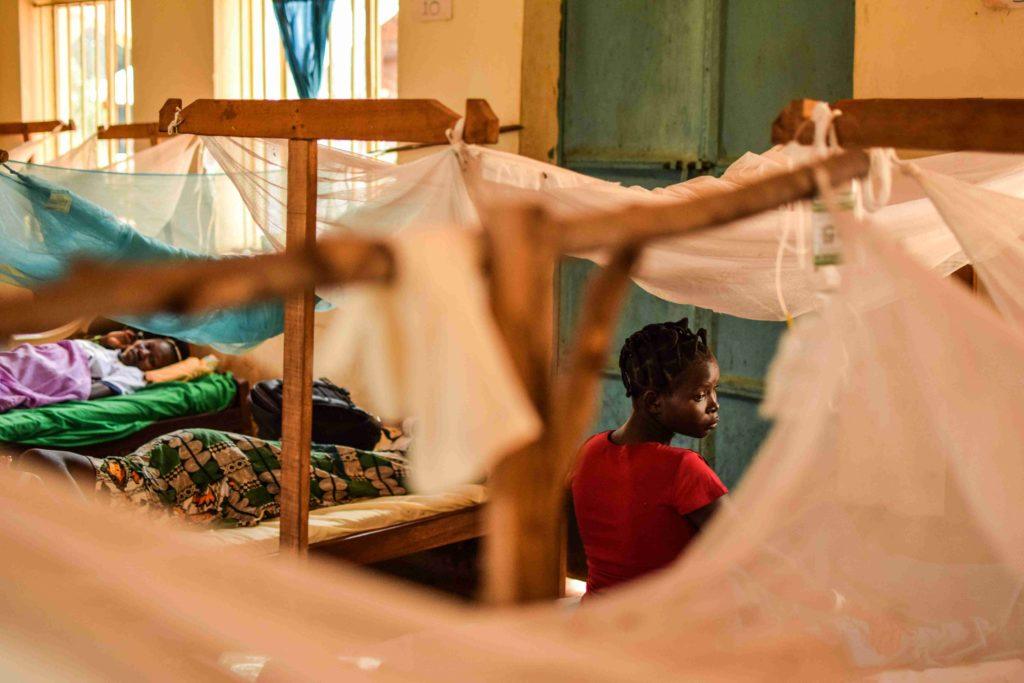Outbreak of Malaria in South Sudan
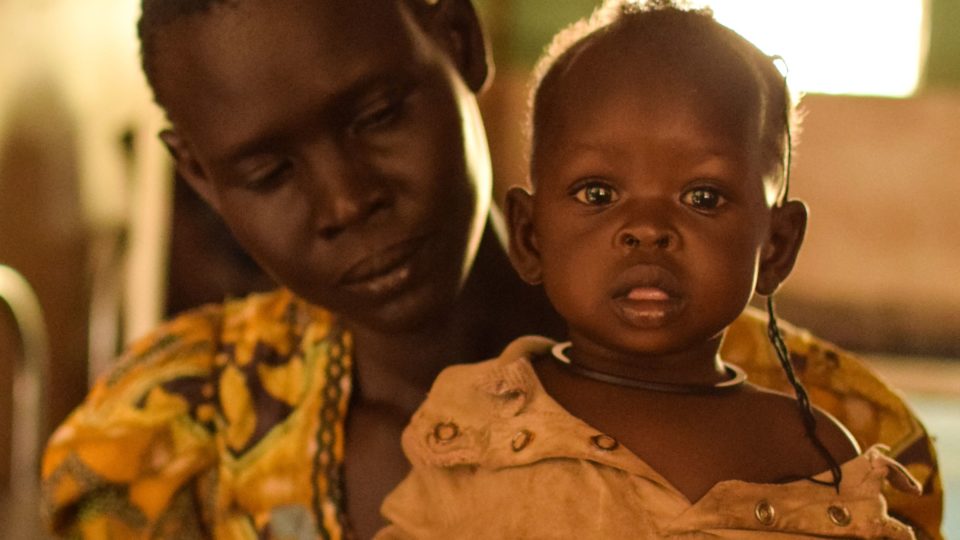
An outbreak of malaria has been declared in Yambio, South Sudan. Overwhelmed by the number of new cases, our partners at the state hospital are struggling to respond. Concerns are heightened by the fact that the rainy season has not yet really hit and that once it does things could get significantly worse.
With the state hospital struggling to provide essential services, it is anticipated that St. Theresa Mission Hospital and surrounding primary healthcare clinics will soon be overrun as people seek alternative places for care.
Approximately 95% of South Sudan is endemic of malaria, with high transmission in the country throughout the year.
Yambio State Hospital has communicated the urgent need for tents, pediatric beds and mattresses, and basic drugs, including rapid diagnostic testing kits, anti-diarrhea medications, anti-malaria kits, and oral rehydration salts. The World Health Organization and UNICEF have both provided some tents for temporary admission space, but the hospital urgently requires beds and drugs.
Malaria is the leading cause of illness and death in children under five years in South Sudan.
We want to respond to this public health crisis and adequately support the health system, but we can’t do it without you. You can help us to respond.
What is Malaria?
According to the World Health Organization, malaria is a life-threatening disease caused by parasites that are transmitted to people through the bites of infected mosquitoes. While preventable and treatable, malaria claimed the lives of nearly half a million people in 2016, with the Africa region having a disproportionately high share of the global malaria burden. In South Sudan alone, an outbreak of malaria in 2017 killed over 4,000 people.
Nearly half of the world’s population is at risk of malaria.
Malaria outbreaks are serious public health emergencies that left unchecked can have a major impact on population health. In 2016, there were an estimated 216 million cases of malaria in 91 countries. This was an increase of five million cases compared with 2015.
Give Now. Save lives.

